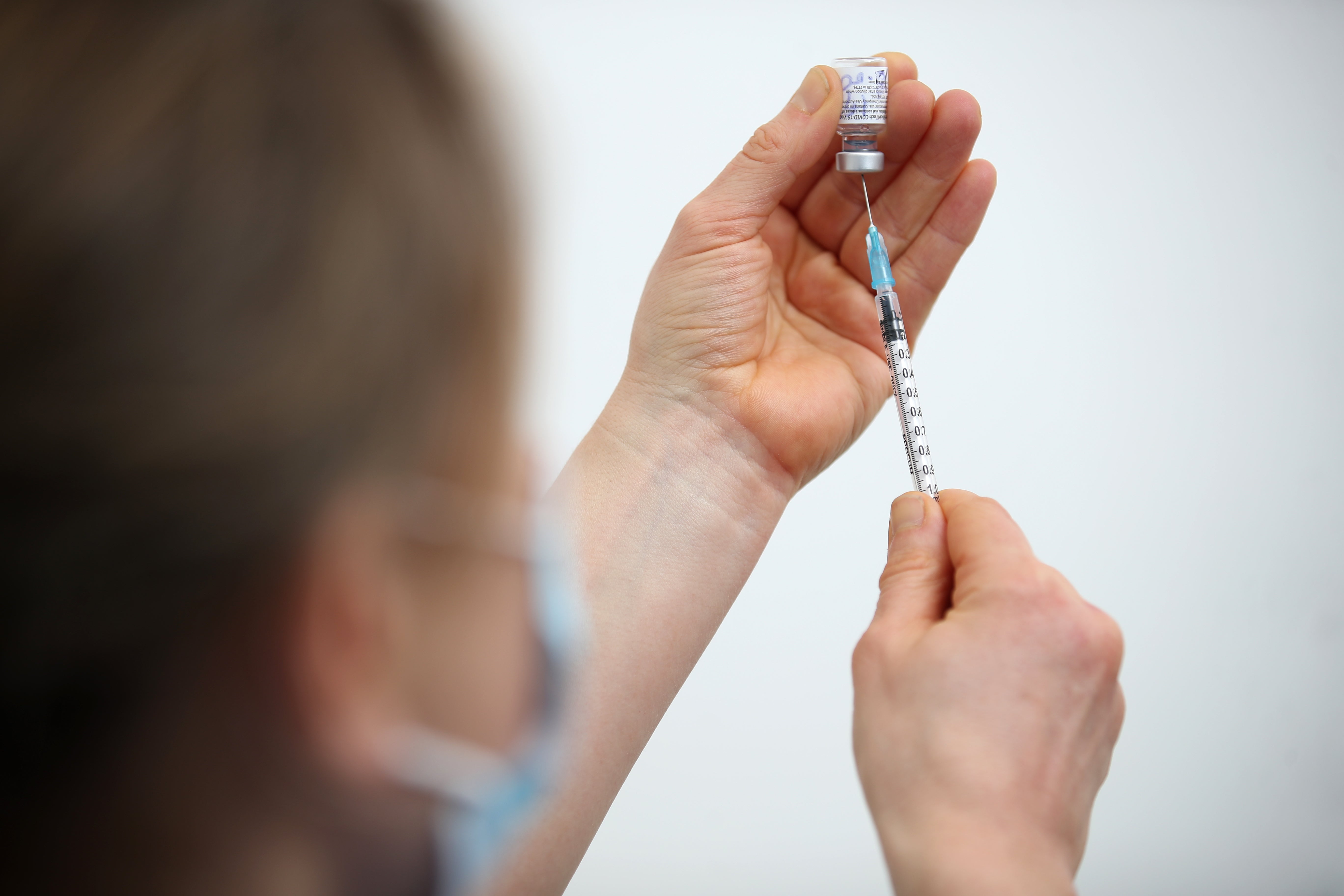Pfizer ‘fair vaccine distribution claims misleading,’ says Amnesty
Amnesty International has accused Pfizer of prioritising profit over fair vaccine distribution

Pfizer has been accused of making misleading statements about the number of vaccines it is supplying to low-income countries to boost its public image.
Human rights organisation Amnesty International said the pharmaceutical giant was “prioritising profit” and “massaging the facts” on fair vaccine distribution.
Chief executive of Pfizer Albert Bourla recently told investors on a company earnings call that Pfizer was on track to produce one billion vaccine doses for low and middle-income countries this year.
But he raised concerns that the countries that were negotiating future contracts with the pharmaceutical giant were mainly high-income and some middle-income countries.
Amnesty International has now branded the 1bn doses pledge “misleading” and said Pfizer had amalgamated low, lower middle, and upper middle countries (over 84 per cent of the global population) into one group and referred to them as “low and middle-income”.
They added: “Within this very broad category, the bulk of Pfizer’s doses have in fact been going to upper middle-income countries such as Malaysia, Mexico and Thailand.”
They say that, of the 2bn vaccine doses that had been shipped by the company by the end of September, only 154m doses (8 per cent) have reached 42 low or lower middle-income countries.
Just 10 per cent of that figure, equaling 154m, were distributed to low-income countries, according to Amnesty’s analysis.
Pfizer told The Independent that, as of 7 November, they have delivered more than 658m doses to 84 low and middle-income countries.
They said that this included more than 167m reaching 44 low and lower middle-income countries.
Less than 1 per cent of people in low-income countries are fully vaccinated, and just 10 per cent in lower middle countries.
Pharmaceutical companies have very few partnerships with manufacturing companies in India, South America or Africa. Instead, they are ramping up their own production and asking wealthy nations to increase vaccine donations to poorer ones.
Amnesty also said that Pfizer’s claims that it is “committed to sharing scientific tools and insights” starkly contrasts with the fact the company has failed to join the Covid-19 Technology Access Pool, which was established to pool data and knowledge.
It said Pfizer is also not participating in the World Health Organisation’s mRNA vaccine Technology Transfer hub in South Africa, adding that this is “greatly delaying the development of production sites in Africa”.
World Health Organisation statistics reveal that only 4.4 per cent of the continent’s population have been fully vaccinated.
Patrick Wilcken, Amnesty International’s Head of Business and Human Rights, said: “We’re still in the middle of an unprecedented global health and human rights crisis and it is essential that all countries of the world have access to vaccines as soon as possible.
“Pfizer says it is committed to supplying doses to low and middle-income countries, but the numbers just don’t bear this out. The fact is that this company is still putting profits first.
“As much as these companies might want to massage the facts, the numbers are crystal clear - they are still supplying the majority of their doses to richer parts of the world.”
Heads of the International Monetary Fund, World Bank Group, World Health Organisation and World Trade Organization met with CEOs of leading Covid-19 vaccine manufacturing companies on Tuesday.
At the meeting, all participants agreed that more vaccines needed to be urgently delivered to low-income countries.
Pfizer said: “We recognise and are concerned by the relative lower pace with which vaccines ended up reaching low-income countries, however, it is important to also acknowledge that approximately two thirds of the 1.3bn people living in poverty are in the middle-income countries.”
Subscribe to Independent Premium to bookmark this article
Want to bookmark your favourite articles and stories to read or reference later? Start your Independent Premium subscription today.

Join our commenting forum
Join thought-provoking conversations, follow other Independent readers and see their replies
Comments